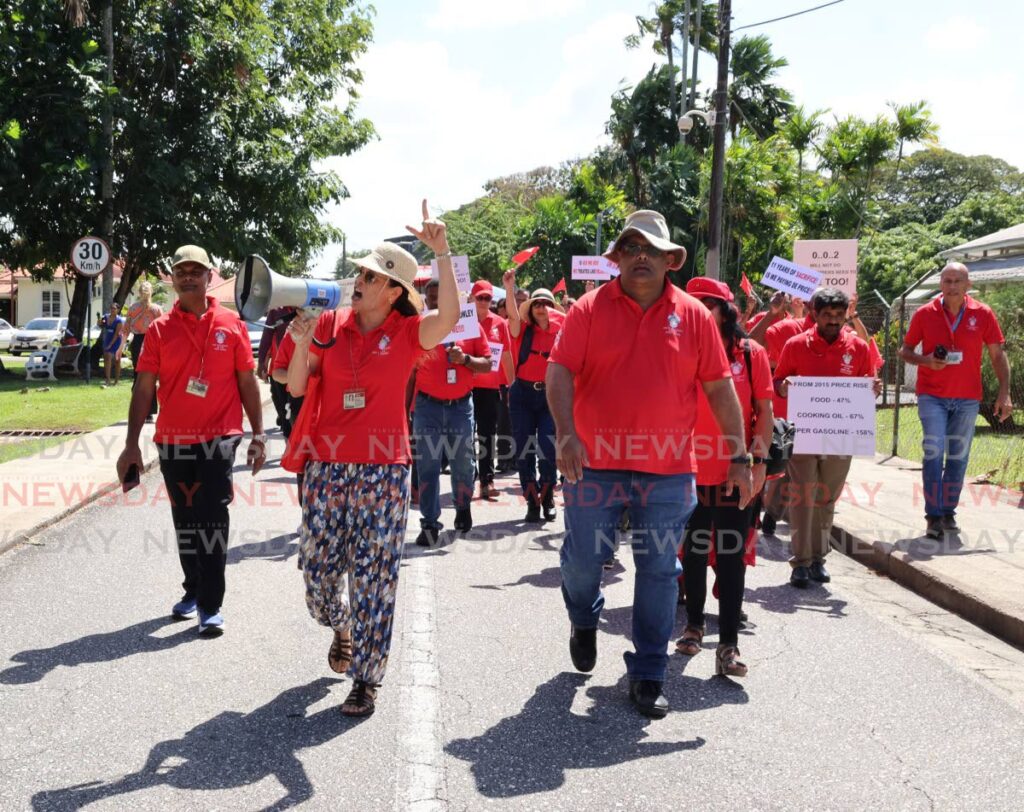Garvey, Ragbir pardons matter
Written by Newsday on January 21, 2025

BEFORE Martin Luther King Jr, before Malcolm X, before Black Power, there was Marcus Garvey.
If the arc of the moral universe bends towards justice, then Joe Biden’s posthumous pardon of Mr Garvey on January 19 goes some way towards righting a wrong perpetuated against a true civil rights pioneer. None other than Dr King deemed him the first person, on a mass scale and level, to give people of African descent a sense of dignity and destiny.
Today, the march towards equality might seem more fraught than ever, and Mr Garvey a figure from the past, but his pardon still matters. In fact, it is more relevant than ever, as is the pardon Mr Biden also granted to Trinidad-born Ravi Ragbir.
Born on August 17, 1887, in Saint Ann Parish, Jamaica, Mr Garvey’s is a story of migration, working-class perseverance and self-uplift. He held jobs that opened his eyes to inequality in Kingston before travelling to Costa Rica, Central America and Europe. Throughout, he became involved with trade unions, journalism and launched an activist organisation which he took to America in 1916.
But from the start, Mr Garvey was targeted. Military intelligence tracked him. J Edgar Hoover deemed him subversive. Mr Hoover used infiltration, surveillance and other stratagems in a years-long effort to get rid of him.
By 1922, indictments for mail fraud centring around brochures and an image of a ship relating to Mr Garvey’s Black Star Line emerged. Three others were also named, but he was the sole person convicted. His sentence on conviction of five years was high; it was later commuted to two by Republican president Calvin Coolidge. Yet it was enough to see him deported.
At a time when the supposed weaponisation of the justice system is a frequent lament by lawless US politicians, Mr Garvey’s case reveals the shallowness of such disingenuous claims.
History records that those most pursued by the law are minorities.
Mr Biden’s pardon of Mr Ragbir, an immigrant rights activist who had been fending off deportation after a single wire fraud conviction in 2001, also implicitly acknowledges this.
In 2018, a federal judge raised grave concern that Mr Ragbir, who went to the US in 1991 and in 1994 became a lawful permanent resident, was targeted and subjected to unreasonably long and arbitrary detention due to his advocacy. Though different, the echoes of Mr Garvey’s case are, dispiritingly, unmistakable.
There is something fitting in the way these two overdue pardons have come together, linking figures with shared Caribbean diaspora ties, past and present. If only they had been issued in different circumstances, and not as Donald Trump assumes power with a desire to deport, by any means necessary, millions.
The post Garvey, Ragbir pardons matter appeared first on Trinidad and Tobago Newsday.




